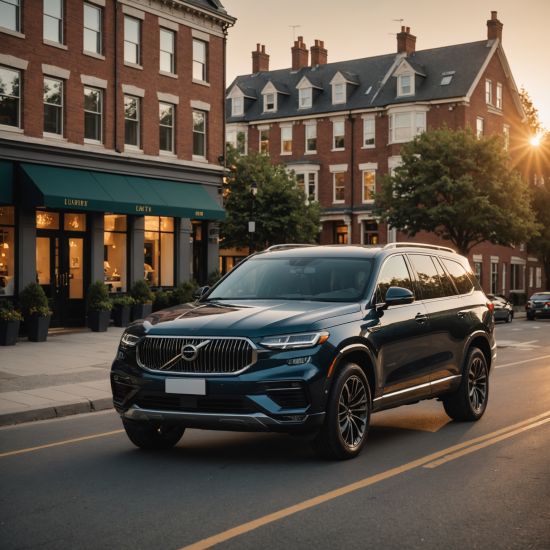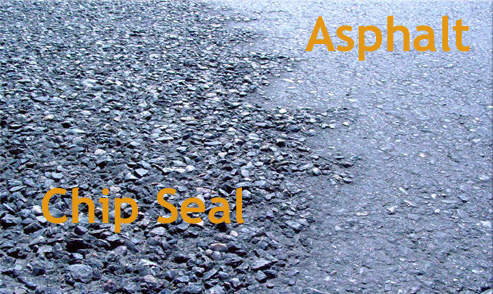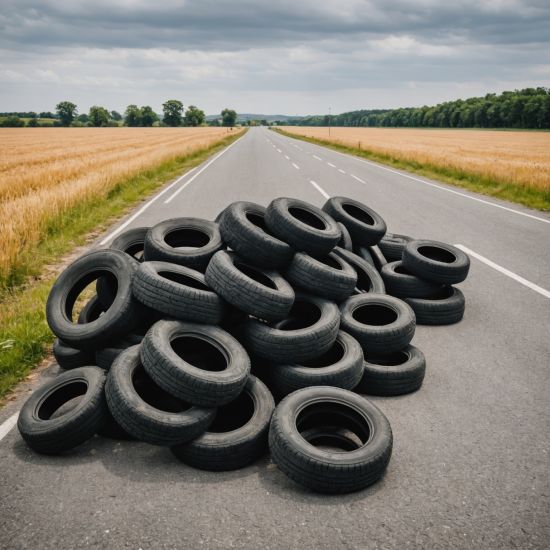Using Regular Gas in a Premium Fuel Car: Risks and Guidelines

Using the wrong type of gasoline can damage your car. Let's look at the risks of using regular gas in a car that requires premium.
TLDR - will you damage your engine?
- Yes, using regular gas in a car designed for premium can cause damage.
- Damage might not be immediate. It may happen gradually.
- Reduced engine performance is a common symptom.
- Premium gas has a higher octane rating. This prevents knocking or pre-ignition.
- Check your owner's manual. It will specify the correct fuel type.
Understanding Octane Ratings
Gasoline octane ratings measure a fuel's resistance to knocking. Knocking happens when the air-fuel mixture ignites prematurely. This causes a pinging sound and can damage engine components. Premium gas, with a higher octane rating (typically 91 or higher), is designed to prevent knocking in high-compression engines.
The Risks of Using Regular Gas
Using regular gas in a car that requires premium can lead to engine knocking. This can damage pistons, valves, and other engine parts. It may reduce fuel economy. In severe cases, it can lead to catastrophic engine failure. The damage might not be immediately apparent. However, it can accumulate over time.
Misconceptions
Many believe that using regular gas only once or twice will cause no harm. This is false. While a single instance may not cause major issues, it's best to avoid it. Consistent use of the wrong fuel grade is more likely to cause damage. Another myth is that all premium gas is the same. Octane rating is standardized, but the composition of premium gas can vary slightly depending on the brand and region.
Current State and Recommendations
Car manufacturers specify fuel requirements for a reason. Always follow the recommendations in your owner's manual. Using the wrong fuel is a risk. The best solution is simple. Stick to the recommended fuel grade for your car. If you accidentally use regular gas, try to avoid further use of regular gas and switch back to the recommended premium fuel as soon as possible. If you experience any engine problems, consult a mechanic immediately. Consider obtaining fuel with a slightly higher octane rating than specified if there are concerns about fuel quality. Learn more about octane ratings here.
Historical Context
The development of higher-octane fuels is directly related to engine technology advancements. As engines became more efficient with higher compression ratios, the need for fuels that could withstand the increased pressure without knocking arose. This led to the development and widespread use of premium gasoline.







